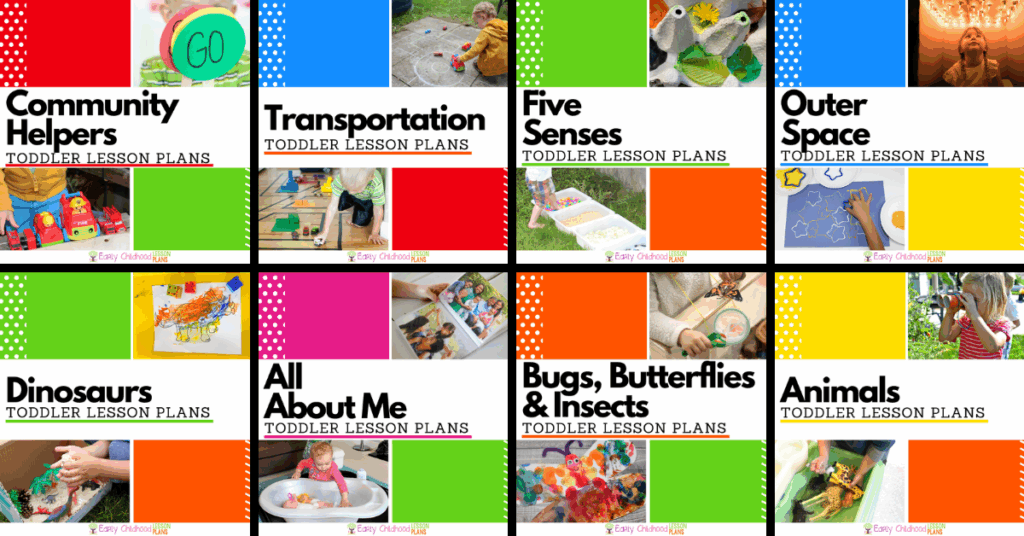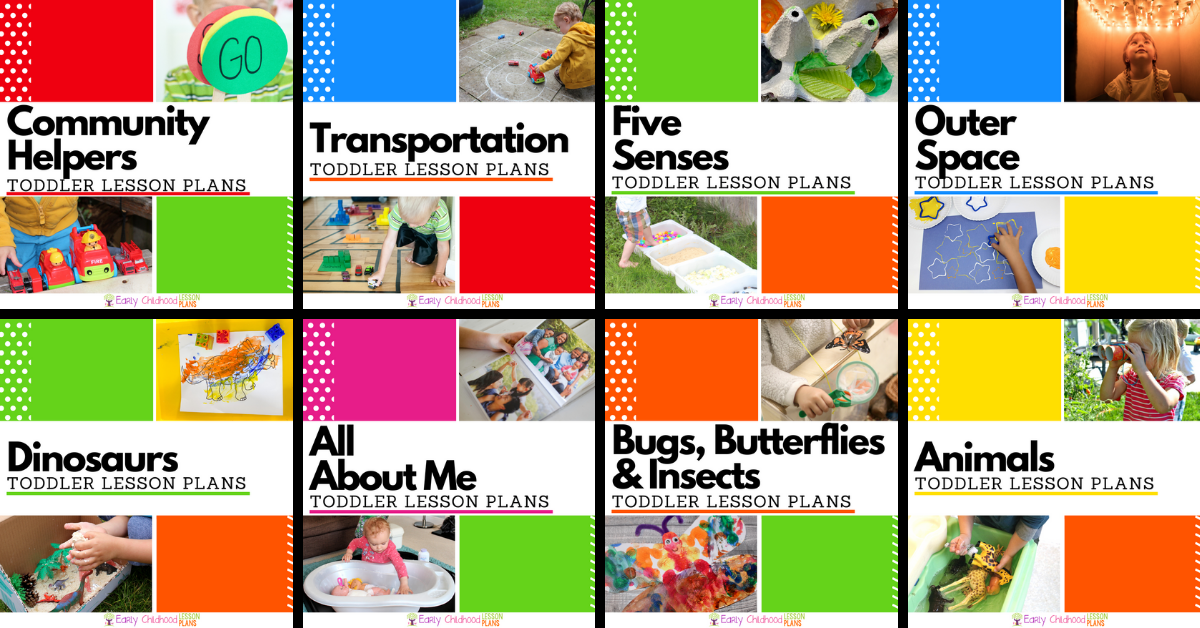
Essential Lessons for 4 Year Olds: Nurturing Growth and Development
Four years old is a pivotal age in a child’s development. It’s a time of rapid cognitive, social, and emotional growth. Providing the right environment and introducing appropriate lessons for 4 year olds can significantly impact their future success and well-being. This article explores the most crucial lessons for 4 year olds, offering practical insights and guidance for parents and educators to foster a nurturing and stimulating learning experience. We will delve into various aspects of early childhood education, focusing on skills that build a strong foundation for lifelong learning.
Social and Emotional Lessons
One of the most important areas of development for lessons for 4 year olds is their social and emotional growth. At this age, children are beginning to understand their own emotions and the emotions of others. Teaching them how to manage their feelings and interact positively with peers is crucial.
Sharing and Taking Turns
Learning to share and take turns is a fundamental social skill. Lessons for 4 year olds should emphasize the importance of considering others’ feelings and needs. This can be facilitated through games, activities, and role-playing scenarios. For example, setting up a pretend play area where children have to share toys and roles can be highly effective. Parents and educators can model sharing behavior and praise children when they demonstrate it.
Empathy and Compassion
Developing empathy and compassion is essential for building healthy relationships. Lessons for 4 year olds can involve reading stories that highlight different emotions and discussing how characters might be feeling. Encourage children to think about how their actions affect others. Simple activities, such as helping a friend who is sad or comforting someone who is hurt, can reinforce these values.
Conflict Resolution
Conflicts are inevitable, especially among young children. Teaching lessons for 4 year olds on how to resolve conflicts peacefully is a valuable life skill. Encourage children to express their feelings using “I” statements (e.g., “I feel sad when…”). Help them brainstorm solutions and find compromises. It’s important to supervise interactions and provide guidance, but also allow children to work through their disagreements with minimal intervention when appropriate.
Cognitive Development Lessons
Cognitive development encompasses a wide range of skills, including problem-solving, critical thinking, and memory. Lessons for 4 year olds should focus on stimulating these abilities through engaging and age-appropriate activities.
Early Literacy Skills
Introducing early literacy skills is crucial for future academic success. Read aloud to children regularly, pointing out letters and words. Engage them in rhyming games and encourage them to tell stories. Provide opportunities for them to draw and write, even if it’s just scribbling. These activities help develop their phonological awareness and pre-writing skills. Remember, the goal is to make learning fun and engaging, not to pressure them to read perfectly at this age. These lessons for 4 year olds should be enjoyable experiences.
Math Concepts
Introducing basic math concepts can be done in a playful and interactive way. Use everyday objects to teach counting, sorting, and pattern recognition. For example, count toys, sort blocks by color, or create simple patterns with beads. Introduce concepts like bigger and smaller, more and less. Cooking together can also be a great way to teach math, as children can help measure ingredients and count items. These lessons for 4 year olds lay the groundwork for more advanced mathematical understanding.
Problem-Solving
Encourage problem-solving skills by presenting children with age-appropriate challenges. Puzzles, building blocks, and simple science experiments can stimulate their critical thinking abilities. Ask open-ended questions that encourage them to think creatively and find solutions. For example, if a tower of blocks falls, ask them why it fell and how they could build it differently to make it more stable. These lessons for 4 year olds foster independence and resilience.
Practical Life Skills Lessons
Practical life skills are essential for developing independence and self-sufficiency. Lessons for 4 year olds should include activities that promote these skills, such as dressing themselves, cleaning up, and preparing simple snacks.
Self-Care
Teach children how to take care of themselves by encouraging them to dress themselves, brush their teeth, and wash their hands. Break down these tasks into smaller, manageable steps and provide positive reinforcement. Create a routine chart with pictures to help them remember the steps. These lessons for 4 year olds build confidence and independence.
Household Chores
Involve children in simple household chores, such as tidying up toys, setting the table, or helping with laundry. Make it fun by turning it into a game or singing songs while they work. Assign age-appropriate tasks and provide clear instructions. These lessons for 4 year olds teach responsibility and teamwork.
Food Preparation
Allow children to help prepare simple snacks, such as spreading peanut butter on crackers or making a fruit salad. Teach them about food safety and hygiene. Supervise them closely and provide age-appropriate tools. These lessons for 4 year olds promote healthy eating habits and develop fine motor skills.
Creative Expression Lessons
Creative expression is essential for fostering imagination, self-expression, and emotional well-being. Lessons for 4 year olds should include opportunities for art, music, and dramatic play.
Art Activities
Provide a variety of art supplies, such as crayons, markers, paint, and clay. Encourage children to experiment with different techniques and express themselves freely. Avoid imposing strict rules or expectations. Focus on the process rather than the product. These lessons for 4 year olds stimulate creativity and fine motor skills.
Music and Movement
Introduce children to different types of music and encourage them to sing, dance, and play musical instruments. Provide opportunities for them to move their bodies freely and express themselves through dance. These lessons for 4 year olds enhance coordination, rhythm, and emotional expression.
Dramatic Play
Set up a pretend play area with costumes, props, and toys. Encourage children to role-play different scenarios and create their own stories. This helps develop their imagination, social skills, and language skills. These lessons for 4 year olds are invaluable for social and emotional development.
Outdoor Exploration Lessons
Spending time outdoors is essential for physical and cognitive development. Lessons for 4 year olds should include opportunities for outdoor exploration, play, and learning.
Nature Walks
Take children on nature walks and encourage them to observe the world around them. Point out different plants, animals, and natural features. Collect leaves, rocks, and other natural materials for arts and crafts projects. These lessons for 4 year olds foster curiosity and appreciation for the natural world.
Outdoor Games
Engage children in outdoor games, such as tag, hide-and-seek, and ball games. These activities promote physical activity, coordination, and social skills. Encourage them to play cooperatively and follow rules. These lessons for 4 year olds are fun and beneficial for their overall well-being.
Gardening
Involve children in gardening activities, such as planting seeds, watering plants, and weeding. Teach them about the life cycle of plants and the importance of caring for the environment. These lessons for 4 year olds promote responsibility, patience, and an understanding of nature.
The Importance of Play-Based Learning
Play-based learning is a crucial component of early childhood education. It allows children to learn through exploration, experimentation, and social interaction. Lessons for 4 year olds should be designed to be fun, engaging, and child-led.
Benefits of Play
Play promotes cognitive development, social-emotional development, and physical development. It allows children to develop problem-solving skills, creativity, and resilience. It also helps them learn how to interact with others, negotiate, and resolve conflicts. Play-based lessons for 4 year olds are essential for their overall well-being.
Creating a Playful Environment
Create a learning environment that is rich in opportunities for play. Provide a variety of toys, materials, and activities that stimulate children’s curiosity and imagination. Encourage them to explore, experiment, and create. Allow them to make mistakes and learn from them. A playful environment is conducive to effective lessons for 4 year olds.
Integrating Play into Daily Routines
Integrate play into daily routines, such as mealtime, bath time, and bedtime. Turn these activities into opportunities for learning and fun. Sing songs, tell stories, and play games. These lessons for 4 year olds can be seamlessly woven into everyday life.
Conclusion
Providing the right lessons for 4 year olds is essential for their growth and development. By focusing on social-emotional skills, cognitive abilities, practical life skills, creative expression, and outdoor exploration, parents and educators can create a nurturing and stimulating learning environment. Remember to prioritize play-based learning and make learning fun and engaging. These early lessons for 4 year olds will lay a strong foundation for their future success and well-being. Continuously adapt your approach based on the child’s individual needs and interests. The most effective lessons for 4 year olds are those that are tailored to their unique learning style and personality. By investing in their early development, you are setting them up for a lifetime of learning and success.
[See also: The Benefits of Preschool Education]
[See also: Activities to Enhance Fine Motor Skills in Preschoolers]

